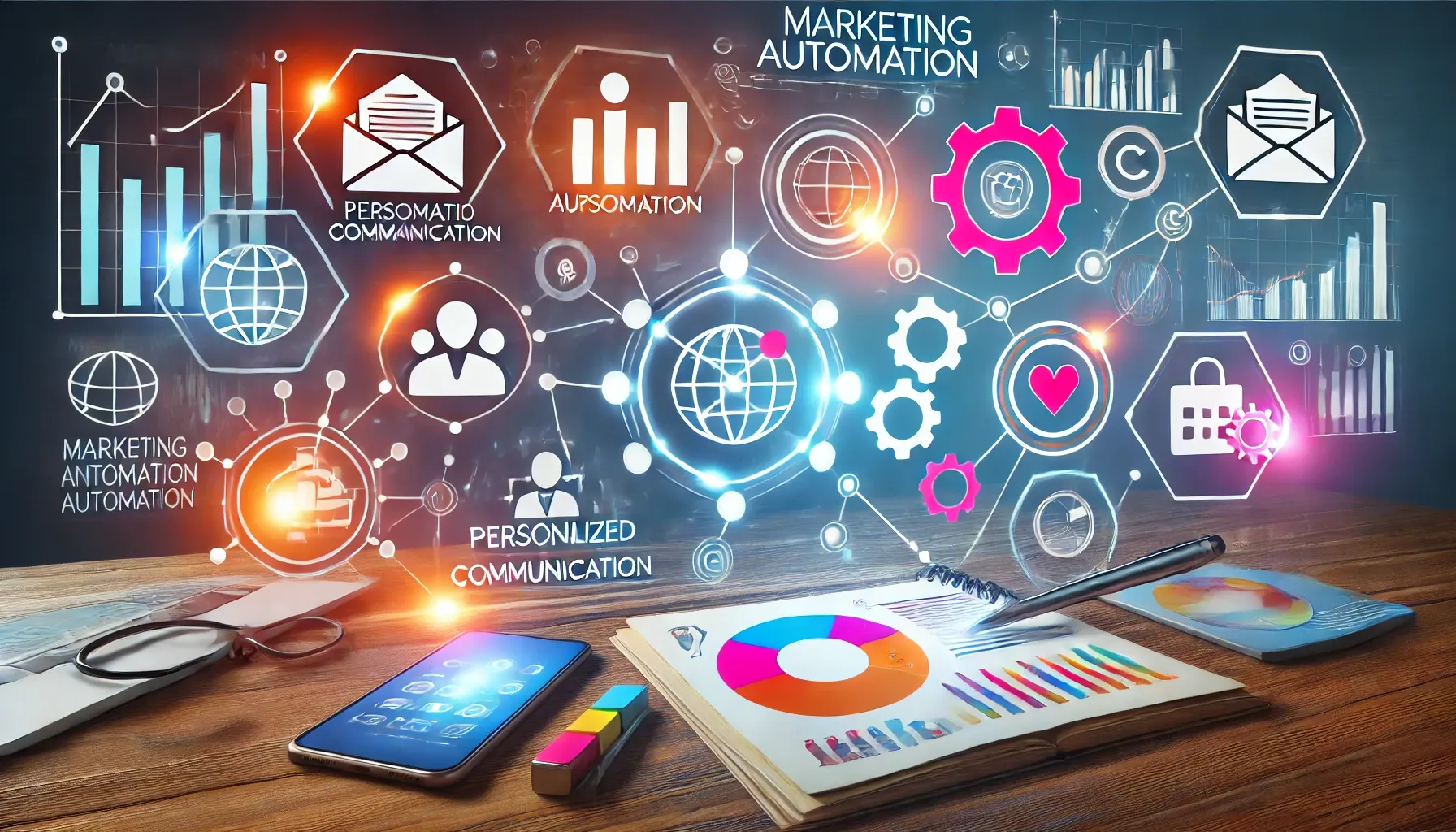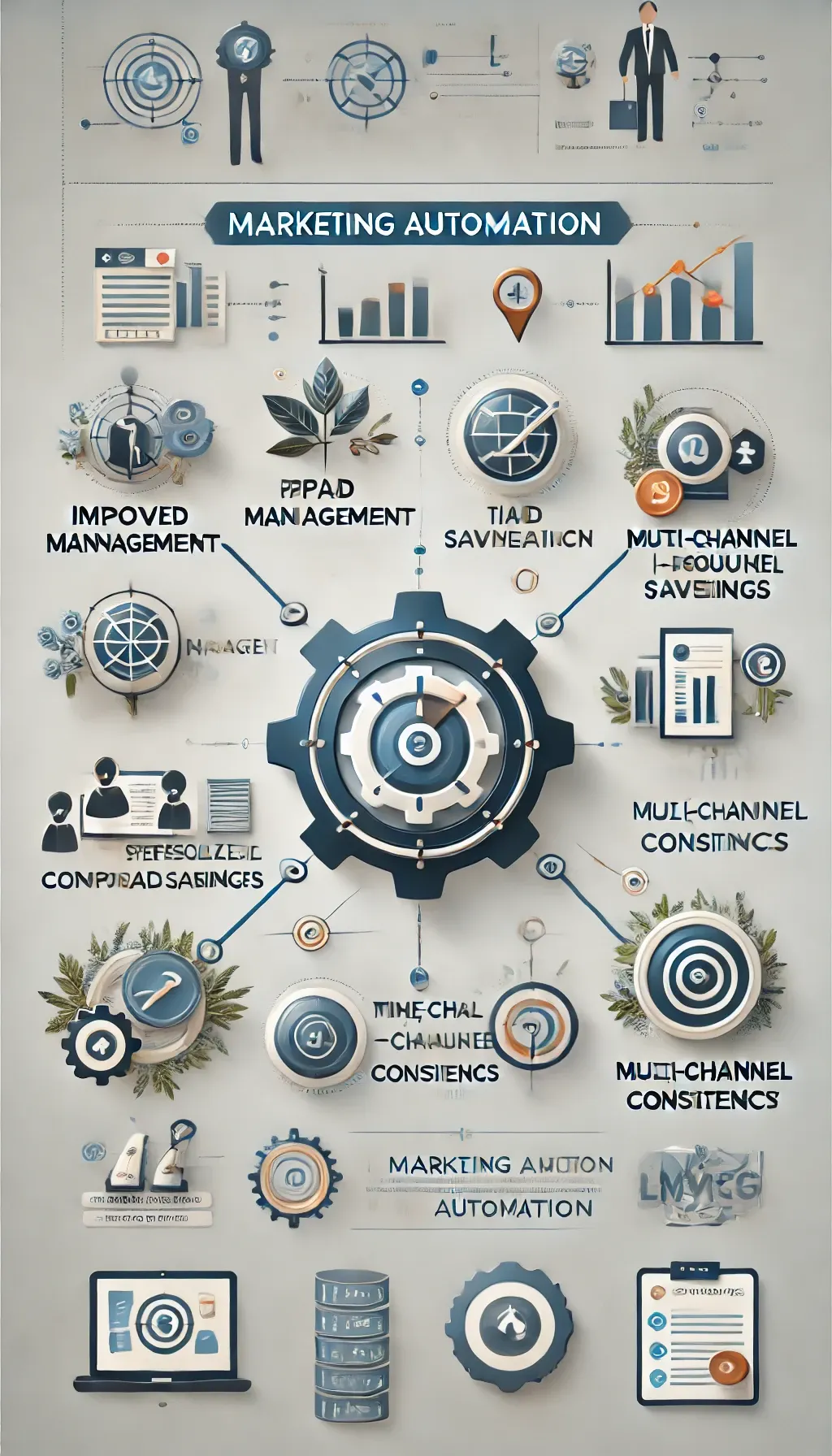Introduction to Marketing Automation
Introduction to Marketing Automation
Understanding Marketing Automation
Marketing automation is a powerful technology that streamlines and automates marketing tasks, processes, and workflows. It allows marketers to deliver personalized, timely, and relevant messages to their audience while saving time and increasing efficiency. In this chapter, we'll explore the concept of marketing automation, its benefits, and provide real-world examples to illustrate its impact.

What is Marketing Automation?
Marketing automation involves using software platforms to automate repetitive marketing tasks such as email campaigns, social media posting, lead nurturing, and data analysis. This technology enables marketers to create targeted campaigns, track customer interactions, and make data-driven decisions, all while delivering a seamless customer experience.
Benefits of Marketing Automation
Improved Lead Management
Marketing automation helps track and nurture leads throughout their journey, ensuring they receive relevant content and increasing the likelihood of conversion.
Personalized Communication
Automation allows for personalized messages and recommendations based on user behavior and preferences. Brands like Spotify send personalized playlists and music suggestions to users based on their listening history.
Time and Resource Savings
Automated campaigns save time by executing tasks that would otherwise be time-consuming. Airbnb, for instance, uses automated messaging to send booking confirmations and reminders to hosts and guests.
Multi-Channel Consistency
Automation ensures consistent messaging across various channels, maintaining brand identity. McDonald's uses marketing automation to ensure consistent promotions and offers across their global franchises.
Enhanced Analytics
Marketing automation platforms provide in-depth analytics to measure campaign effectiveness and make data-backed improvements.

Real-World Examples
Amazon: Personalized Product Recommendations
Amazon utilizes marketing automation to recommend products based on customers' browsing and purchase history. Their recommendation engine analyzes user behavior and automatically suggests relevant products, increasing cross-selling and upselling opportunities.
Netflix: Content Recommendations
Netflix's recommendation engine is a prime example of marketing automation. By analyzing viewing habits, time spent on content, and genre preferences, Netflix automatically suggests shows and movies, keeping users engaged and reducing churn.
Airbnb: Customer Engagement
Airbnb uses marketing automation to engage both hosts and guests. Automated messages are sent to hosts and guests at various stages of the booking process, enhancing the customer experience and providing essential information.

